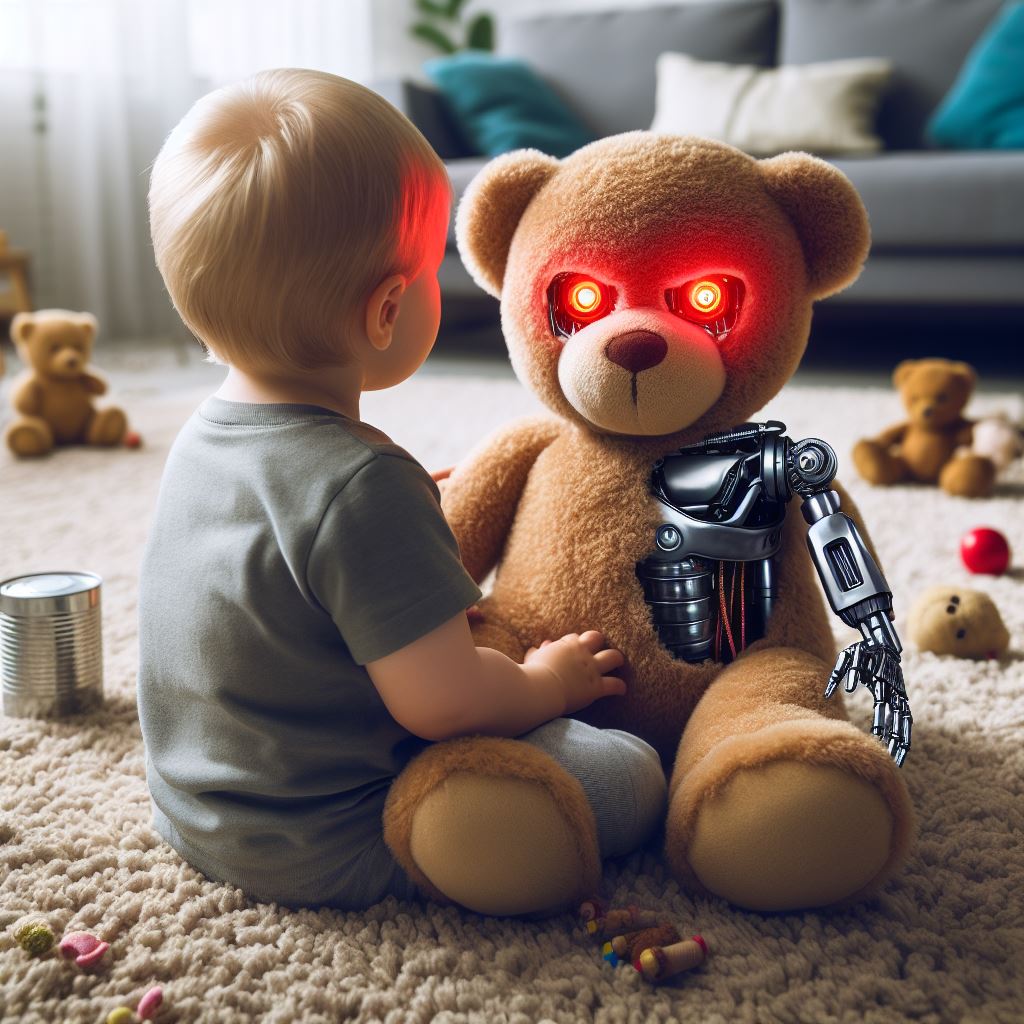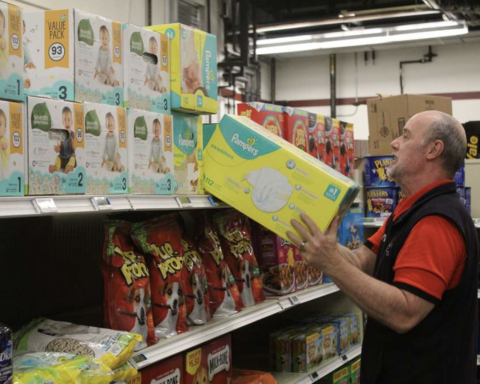With the holiday shopping season underway, a consumer watchdog report is warning parents about the privacy risks associated with so-called ‘smart toys.’
These devices often include a camera, microphone or location tracker, which can be used to collect personal or identifying information on children and their families.
R.J. Cross, Don’t Sell My Data campaign director with the Massachusetts Public Interest Research Group, said reading the fine print of the manufacturer’s privacy policy is never fun – but it’s important.
“Reading a privacy policy is unfortunately right now the best way that we have,” said Cross, “to see what companies are doing with our data and what they’re collecting.”
Cross said downloading the policy and locating each sentence with the word “data” is a good place to start. She said some wifi-enabled toys are known to collect sensitive information, putting families at risk of being hacked.
The smart-toy industry is expected to more than double by 2027 – and parents are being encouraged to not only understand and test out a device’s features for security purposes, but how they could impact their child’s health.
That includes virtual reality headsets, which Cross said can collect a child’s movement data.
“The tech is really new,” said Cross, “and there hasn’t been a lot of safety testing to understand how it affects, say, children’s developing eyesight or their developing brain.”
Cross said she understands the holidays can be hectic and kids often ask for the latest gadget on the market. But she recommended parents take the time to thoroughly research a toy and its manufacturer.
If something doesn’t seem right, she said, there are lots of great non-tech toys to purchase.









